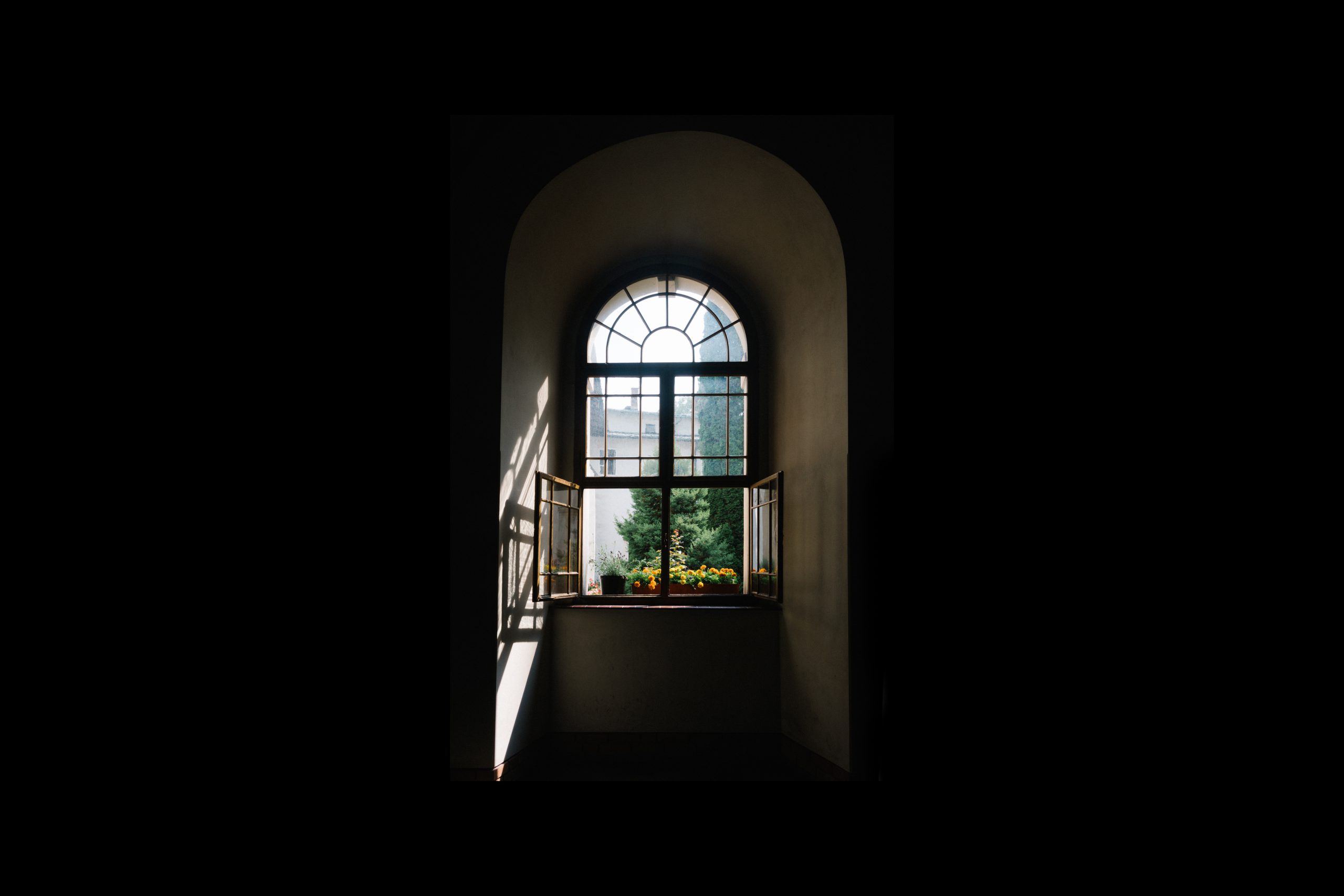
There is little debate that we are living in a period of unprecedented technological ease. We are able to do more things—and do them faster and more efficiently—than ever before. However, with nearly every technological advancement comes secondary effects. Most of these are unseen and certainly not intended.
One such area involves free time to simply think. This is an open time when we can allow our minds to wander a bit and latch onto things that we may not normally have the opportunity to think through. I believe this free space is vital and increasingly being diminished. It’s been crowded out by the pace of life; some of this is our fault, and some of it is simply the result of living in our age.
Just think about what you see and experience every day. The next time you are waiting, take a look around and see what others are doing. When it’s time to wait it’s time to get on our phones; whether in traffic, in line at the grocery store, at the bus stop, or in between sets at the gym. The natural breaks in life always seemed to get filled with some type of engagement. It’s like we are allergic to mental down time. There is no space for deep thinking, creativity, or dreaming when we are constantly distracted or diverted by our technology.
Have you ever noticed that some of your best ideas come when you are in the shower? If you are like most people, you tend to let your mind wander and latch onto concepts and ideas. Without the pressure of news, email, or social media, you are free to surf the waves your mind brings in.
In recent years I’ve observed the drag upon my creativity, particularly in preparing my sermons, writing, and planning. I would schedule my days full with blocks of time after blocks of time. Building off of each, often with little margin, I would feel incredibly productive while at the same time miserably uncreative. I wondered why I got so many ideas when I was falling asleep at night, taking a shower, or riding my bicycle. The answer was clear: I had created a margin for my mind to wander and think. These seasons of free time have served to be something of a gust of fresh air into a stuffy room.
If this is resonating with you, let me share a few things that I’ve found helpful over the last couple of years.
1. Carve out time for thinking. I try to have a period of time between 30 and 60 minutes per day to let my mind latch onto concepts, ideas, or dreams. Often I do this while walking the dog in the morning or during my lunch break. This morning I wrestled through the introduction to my sermon and gleaned a half-dozen new thoughts and insights into the text. Other times recently I’ve planned a proposed solution to a problem, an approach to a counseling situation, or some ideas for trying to be a better dad as my kids are getting older.
2. Bring something to write down ideas or thoughts. I carry a little notebook and pencil with me nearly everywhere I go. I’m always jotting down ideas for sermons, family, books, blogs, problems, or other things that are on my mind and heart. Having a place to gather information is key because if you try to store everything in your mind you will crowd out ideas and stifle your creativity.
3. Don’t engage in technological distraction. This is one reason why I don’t like to use my phone for this. Upon opening Evernote or some other app I will see a text or think of a task or even look at the clock and feel some pressure to do something other than think. I will often take the extra time to transfer ideas over to Evernote later. While this may seem less efficient, I believe it is more productive.
4. Embrace the boredom. If you are intentional you could grab minutes to think all day long. The line at the grocery store can become a time to meditate on the Bible verses you read in the morning. The traffic light can be an opportunity to pray for some members of your church. The wait at the doctors’ office can be a time to think through ways to bless your spouse or friends in the coming months. Don’t reach for the candy of distraction. Embrace the boredom of the moment to let your mind work; it’s a beautiful gift from God.
The frenzied pace of information and communication requires our attention. If we are not intentional then we will get rolled up in it, having our lives dictated to us. Furthermore, if we allow ourselves to be diverted and distracted all of the time we will scarcely enjoy the deeply meaningful seasons of discovery that come from thoughtful reflection. Our minds are beautiful gifts. I’m afraid we aren’t enjoying them like we can. By making some simple shifts in our priorities and reflexes we might just make some wonderful discoveries. Open the windows and create some margin in your day; you will let in some fresh air.
Editor's note: This post originally published at Erik Raymond's blog.

